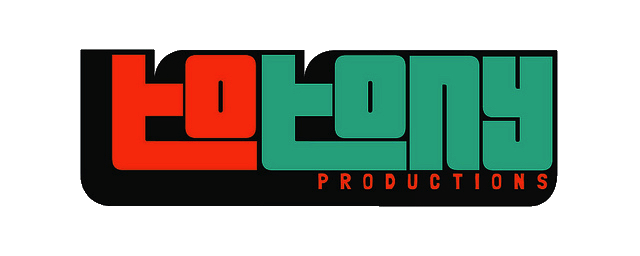
Nafs Said Film Spotlight
Today’s film spotlight focuses on the short film Nafs Said directed by Huma Hussain as part of the Pendance Film Festival.

What is the title of your film and what inspired said title?
The title of the film is ‘Nafs Said’. It’s a mixture of Arabic and English. Nafs is an Arabic word, used in Islamic theology that refers to a person’s inner self. It describes their essence or their inherent tendencies. The story of the film also deals with the protagonist’s journey of exploring her essence and expressing her wants and desires, so the title felt apt for the film.
Tell us a little bit about the story and origins of your film.
Nafs Said is the story of an Indian-Muslim housewife, Maryam, whose mundane life is abruptly interrupted by the opportunity to act on her desires.
This story is largely informed by the ideologies I was exposed to while growing up, and the experiences that have shaped me. Growing up as a woman in India, there are a lot of social and cultural restrictions around us. Our bodies and freedoms are tied to the decisions made by the people in our lives. As a consequence of this, we don’t really have a chance to develop our own voice, thoughts, or feelings. More often than not, we repress them. This is an attempt at exploring the importance of seeing yourself and honoring your desires, even if no one else does.
Any films or filmmakers that inspired this film?
Not one in particular but Aditya Vikram Sengupta’s yearning, Lynne Ramsay’s lyricism and associative imagery and Jafar Panahi’s celebration of the ordinary have influenced my writing and visual style.

What is the goal of the film for you?
There isn’t a large body of contemporary work that explores the experiences of Muslims living in India, or diaspora belonging to our community. My intention for this film is to add to the cultural space created by Muslim filmmakers where we freely create worlds about ourselves, our lives, hopes, our fears, and our inhibitions; where we aren’t reduced to stereotypes.
What has the journey been like getting the film into production?
Getting the film into production was certainly challenging since this is my first narrative project. I was looking for people who expressed a connection to the story and had a similar approach to the craft.
I worked with the cast and crew remotely, and they all flew in from different parts of the US just a day or two before the shoot. In the post-production stage, I was working with artists based in India and the UK. Even though we hadn’t met before, I really appreciated the quiet understanding with which everything came together and there was an ease with which we interacted and worked with each other.
I was lucky to work with a talented, experienced, and resourceful crew who helped shape the film through their own understanding of the story. My crew never asked me what to do, but asked me why I wanted to do it, and that was very helpful for me because it made me more aware of how sound, framing, aspect ratio, and color can be used to add nuance and depth to the story.
One thing you learned from this project?
Initially, I was caught up in having the best story, the best crew, and making the best film I could. But the natural thing to do with art, and storytelling is to just let it breathe, develop and grow on its own and allow it to have its own journey. The most valuable lesson I learned was to let go and to let the story guide me instead.
How can folks find you and your film online?
We’re playing at Pendance Film Festival in Ontario this month. You can follow me on Instagram @huma___hussain. To find more about my work, you can check out my website www.humahussainfilm.com

Any last pieces of advice for fellow filmmakers?
It’s important to continue to write, and make films about things that are important to you. I especially think that it’s crucial for underrepresented minorities to write about their experiences. By doing this, we are helping in creating a rich, authentic and nuanced expression of ourselves. Even if you don’t have a large audience at the outset, you might end up encouraging more people to voice themselves.
The Pendance Film Festival runs from March 10-13, 2022.
For more reviews and content stick with To Tony Productions and don’t forget to subscribe to our blog to stay up to date!
